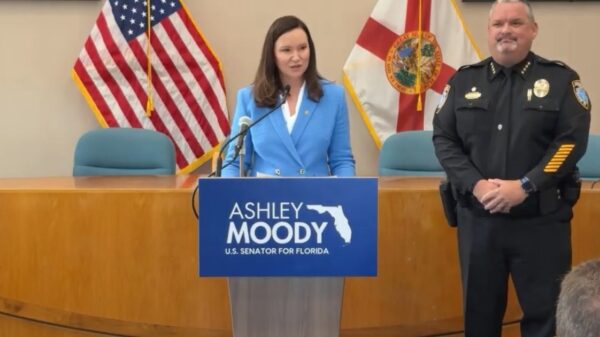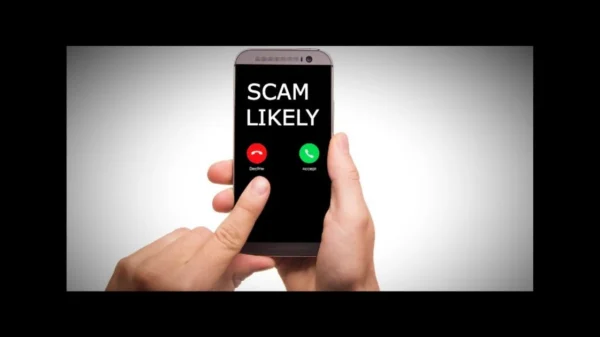Florida Attorney General Ashley Moody and Connecticut Attorney General William Tong teamed up last week to lead a multistate, bipartisan effort of 18 attorneys general urging President Joe Biden to classify illicit fentanyl as a weapon of mass destruction.
The drug is claiming a record number of lives across the country and continues to flow freely through the southwest border. In July alone, U.S. Customs and Border Protection seized 2,100 pounds of the substance, enough to kill nearly half a billion Americans. Due to the prevalence and low cost of production, there is concern that a bad actor may weaponize fentanyl. General Moody held a security briefing with former federal drug officials, Families Against Fentanyl and law enforcement leaders to discuss the growing threat posed by the illicit drug.
“I first called for President Biden to take swift action in July and call fentanyl what it is—a weapon of mass destruction. Now, I am leading a bipartisan coalition of 18 attorneys general demanding the president take action now, declare fentanyl a WMD and join us in our fight to prevent the death and destruction caused by this highly-lethal substance from getting even worse,” Moody said.
General Moody, along with 17 other attorneys general, wrote to Biden to outline growing concerns about the threat fentanyl poses, and to urge the president to classify the highly-lethal substance a WMD. The proposed action would require the Department of Homeland Security and the Drug Enforcement Administration to coordinate a response with other agencies, including the Department of Defense—as opposed to the federal government simply treating the substance as a narcotics control problem.
Fentanyl is a highly-deadly synthetic opioid. Just two milligrams can be lethal. More than 75,000 Americans died from overdose of synthetic opioids, mainly fentanyl, in the 12-month period ending in February 2022. The substance is so toxic that it poses serious exposure risks. During a March mass-overdose event featuring several West Point Cadets in South Florida, two of the seven hospitalized from that incident suffered the drug’s harmful effects just by performing CPR on others who intentionally used illicit drugs.
The historic number of overdose deaths from illicit fentanyl demonstrate that, while CBP reports interdicting record amounts of the substance, large quantities are still entering the United States. The amount of fentanyl seized since last February could kill every man, woman and child in the country more than 11 times over—raising concerns over the potential that the synthetic opioid could be stockpiled in locations across the country.
Moody and Tong were joined by the attorneys general of the following states and territories in signing the letter: Arkansas, Guam, Indiana, Kansas, Kentucky, Montana, Nebraska, Nevada, New Hampshire, New Mexico, Oklahoma, South Carolina, Tennessee, Texas, Virginia and West Virginia.





















